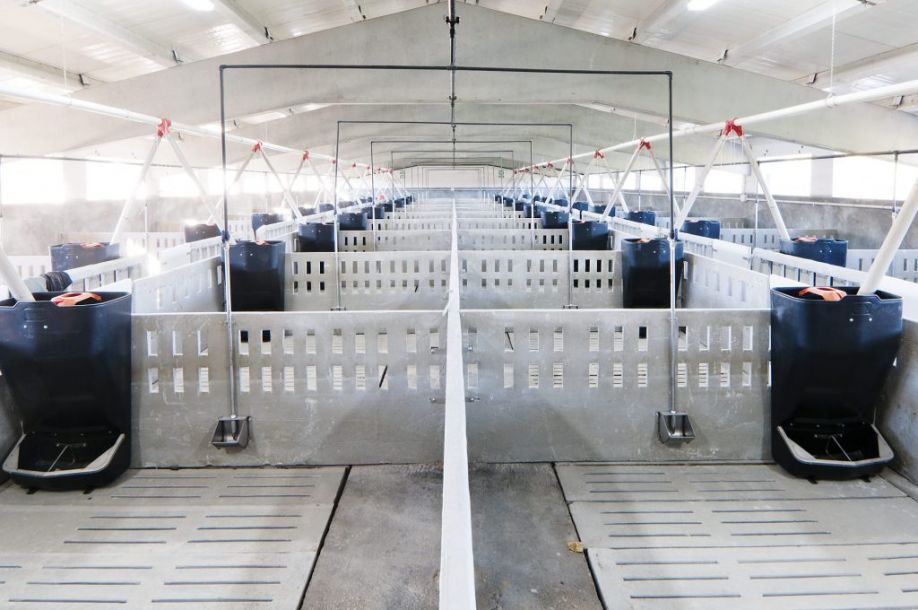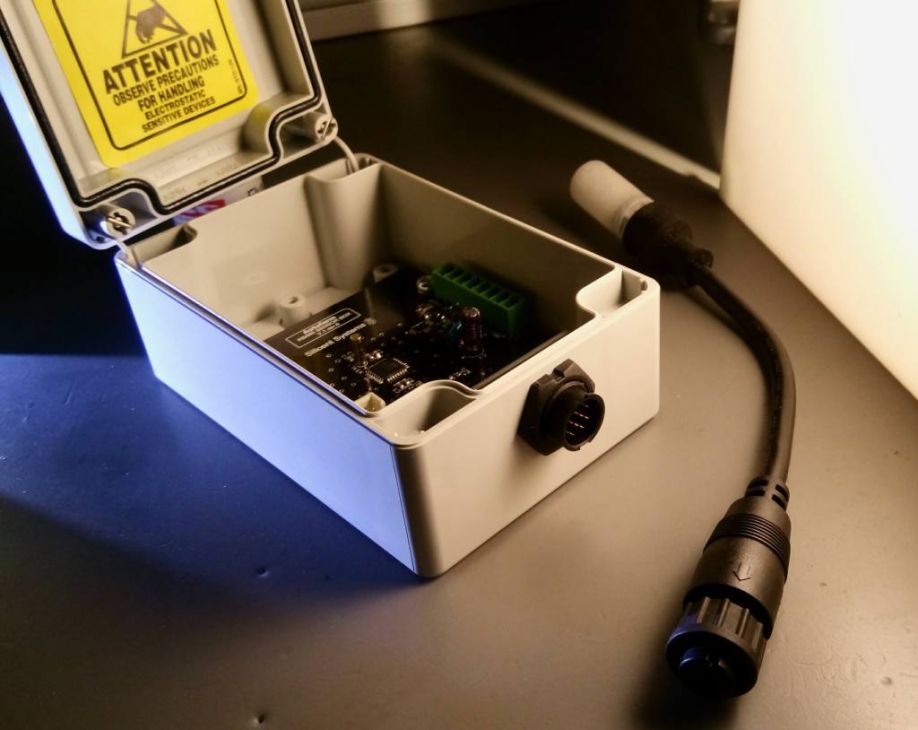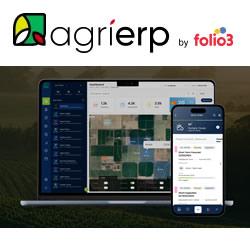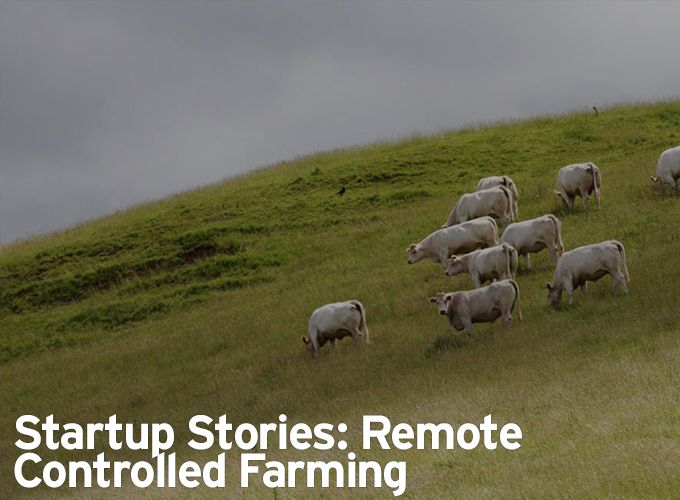Our small size has forced us to implement a wide range of innovative technical solutions in the sector, that allows us to offer services of similar quality to those of a big company with just a fraction of its infrastructure.
Theresa Kern | agtech.careers
Reposted with permission from agtech.careers:
Smart farming technology and process automation are vital to making agricultural enterprises more efficient and sustainable. AgTech is comprised of many kinds of technical solutions and remote controlling and automation is a huge step towards an era of digital farming. The Spanish startup AutoFarm is working on remote controlling factors from feeding to temperature.
Please introduce yourself briefly. Who are you and what do you do?
My name is Daniel Reboredo. I currently work at a 1700-quota pig farm with my company Silicent Systems, LLC. We are a startup that is basically dedicated to the design and development of software and hardware for the monitoring and control of farming operations.
Why Agtech and what was your pathway into the field?
I’m a professional agriculturist and son of ranchers, so I know firsthand about the sector’s needs and lacks. Back in 2013 we tried to change our management and control system due to how obsolete and complex our climate regulators were at that moment, so they couldn’t keep optimal temperature conditions for the normal development of the animals.
What was your biggest professional challenge so far?
Quitting a stable job in public administration to devote myself fully to my agricultural holdings and my company.
What was your biggest professional success so far?
My active participation in a project as complex as AutoFarm and having such satisfactory results with such a limited budget. And in particular, to ascertain that after working out the system’s user interface development with my parents, they’re capable of operating the livestock holdings without any trouble.
What is the unique appeal of the company you lead? How do you isolate yourself from competitors in your industry?
I think our major current limitation has turned out to be our greatest virtue. The small size of our company, and therefore our reduced operational costs, enables us to offer products with a lower cost than those of our competition, and with a higher tier of functionality. On the other hand, our small size has forced us to implement a wide range of innovative technical solutions in the sector, that allows us to offer services of similar quality to those of a big company with just a fraction of its infrastructure.

To what extent do you interact across the world and how important are the international markets for your company?
At the moment, we’re focusing on our local market so we can gain some experience to take the leap, as soon as possible, to the international market, since our products were conceived to go that way.
What is the secret of your successful company?
There are several ingredients to the recipe, but none of them are secret: hard work, hope, and more and more hard work.
On The Appeal Of The Agtech Sector
How do you perceive the current labor market of digital agricultural monitoring and Agtech in general, and how does it modify the demand for employees in your company at the moment?
My particular perception is that the Agtech sector is currently booming. The amount of livestock holdings relying on obsolete technologies, at least in our field, is huge. Though there are people very reluctant to embrace the modernization of the sector, once they ascertain the advantages of this new work paradigm, there’s no turning back. We hope that this foreseeable increase in the demand for this type of systems also leads to an increase in the demand for professionals specialized in this sector.
How is Agtech going to change our lives and society in 5, 10 and 25 years? What is different compared to the past?
It is very difficult to predict the influence that technology will have on society in the long run, but as for the short term, the use of these systems offer advantages to producers, optimizing their conversion rates; to the final consumer, who gets a high quality product at a lower price, and also to the animals, guaranteeing a climate environment suitable for their well-being.

On Job Opportunities in Agtech
What can your company offer that other employers cannot?
This is a hard question to answer. As a small company that we are, there is not an established hierarchy, so everyone takes part according to their specific skills in all the endeavors that have to be done. This is a cliché, but at the moment we’re like a little family, with the good, and the bad. To a technical level we do offer interesting challenges: we’re small and have to do things in a creative way. When we get bigger, we’ll surely offer what others can.
Which measures do you perform to promote the cooperation of your employees?
Since we’re a small company, cooperation is essential. It is not necessary to promote cooperation in our case; we have no other option but to cooperate.
How important are foreign experience and international communications skills to you?
Although we have not yet started operations internationally since we’re settling in the local market, We are aware that international communications are a keystone for any company that wants to breakthrough in other markets.
Are there differences between the theoretical science to the monitoring of agricultural parameters and the real market situation? What is important for graduates?
Half of this sector’s work is done in a clean office, or at home, and the other half is done in a smelly and dirty farm. Some people can’t take it, some others like it. As for the rest, it is not that different from how other types of industries do their monitoring.

What career opportunities are currently given in Agtech and how will these change in your opinion?
Particularly in our environment there are new companies popping up that, just like us, are specialized in the farming sector. There are also some traditional companies dedicated to engineering consultancy that are directing a share of their resources to this sector. As for the future, I think that the great majority of the agricultural holdings will opt to use this type of system, because of the objective advantages that they provide to the farmers. Therefore, the job offers should go up as a consequence.
Which basic qualifications should an employee fulfil to get employed at your company? What are basic requirements to getting started?
The only basic requirement that a candidate must fulfil is that their career choice had been made out of vocation.
Which three qualities should an ideal candidate have?
- Initiative
- Creativity
- Curiosity
The content & opinions in this article are the author’s and do not necessarily represent the views of AgriTechTomorrow
Comments (0)
This post does not have any comments. Be the first to leave a comment below.
Featured Product


